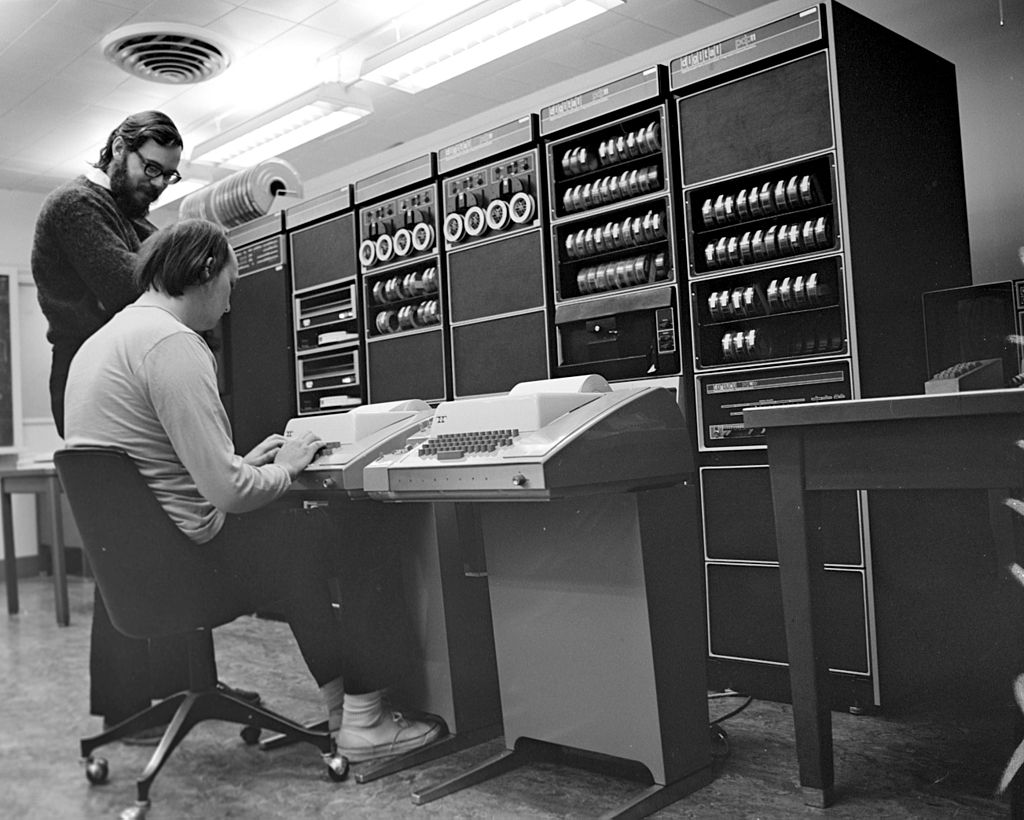The Chess Files
The answers are out there.
By Jim Eade
Is Online Chess Our Future?
The answer is it depends. Some might say that is our present already. Some might say the it can never replace Over the Board competition (OTB) and others might argue that there is plenty of room for both.
There are several objections to Online only chess. Many believe, as do I, that the experience is fundamentally different. There are many aspects of OTB competition that do not translate Online. There are no cues, such as those based on body language, that are important aspects in OTB events, that are missing in Online ones. OTB you can instantly see whether your move has flustered your opponent. This is useful information that cannot be gleamed Online.
The most serious objection to Online chess is the problem of cheating. Now, cheating can happen in OTB events as well, as many of us know. Organizers are well aware that the best players need prize money to compete for in order to entice them to play. Few will pony up the money themselves. Some hit on the magic formula of offering significant prizes to class players, because they pay entry fees and there were simply more of them. If you enticed enough of them to pay to play, they would finance the prizes for the top players.
In addition to prize money, the class players would be offered the rare opportunity to compete against the top players. The combination proved to be alluring enough to generate sufficient numbers of pay to play players to afford to pay the prize money for the top players, which resulted in a win-win-win situation for the class players, the top players and the organizer.
The problems were two-fold. It resulted in class players expecting to earn money at chess. In what other arena would mediocre participants expect to be so well compensated? It led to cutthroat competition, which was discouraging to those who loved to play simply for the love of the game.
It also provoked cheating. Many of us know of players from other countries, who were strong players but lacking a USCF rating, came to the US and establishing a USCF rating far lower than their actual strength, and then entered as class players in order to win the attractive prize money.
Online chess, however, led to even more problems with cheating. Players could use an engine to tell them the best moves to make. You might think you’re playing against a human, when you were really playing against a computer. Elaborate mechanisms have been used to guard against this, but they are far from fool proof.
Also, you could have a USCF rated 12 year-old girl signing up for an Online event, and the actual moves might be played by a grizzled veteran. Webcams have been proposed to guard against this and might serve for small events, but they would not likely be practical for larger ones.
The answer the Mechanics’ Institute (MI) of San Francisco has found is to establish a chess community. Building communities through chess is a core mission for the Eade Foundation: eadefoundation.org and has been essential for providing a safe Online chess experience. The MI regular holds Online chess tournaments, but the players are all well known to one another. Prior to awarding prizes, any and all suspicious activity is checked by engines and humans to prevent cheating. This may indeed be the future of chess. It depends.
You can send your chess questions and answers to me at jimeade@eadefoundation.org

